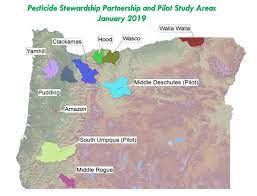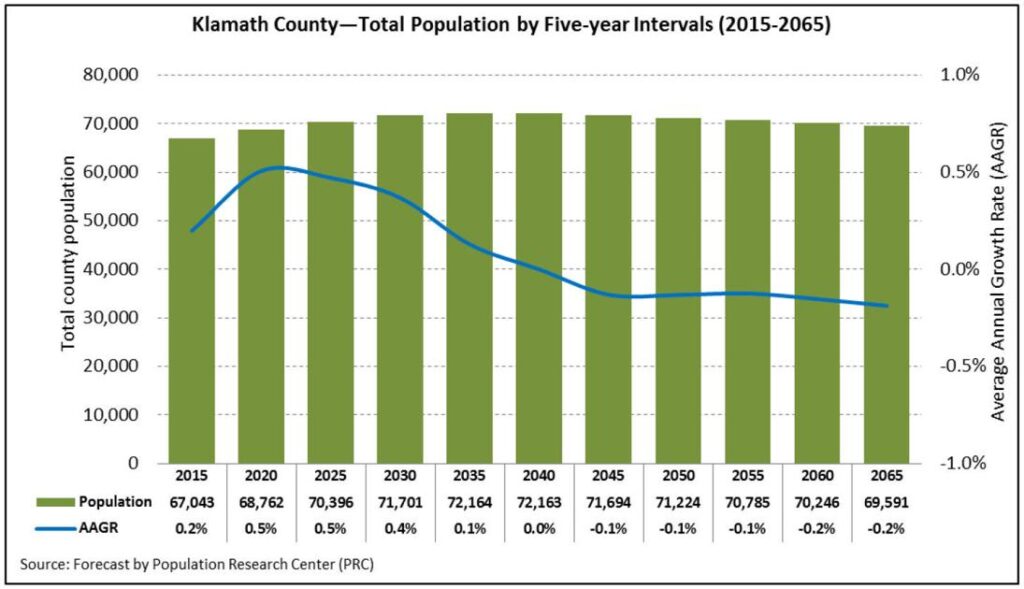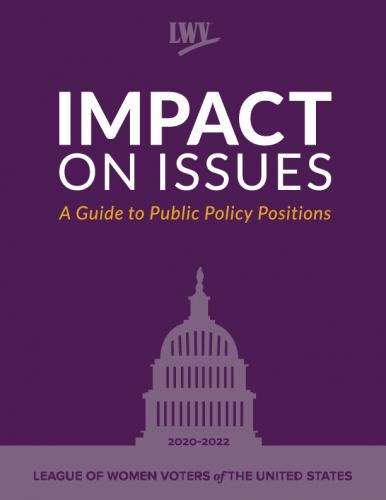An Evening with Dr. Susan Rogers, President of Physicians for a National Health Program, October 6, 2021
LWV Klamath County was one of many leagues across the country which co-sponsored this ZOOM presentation.
For this event, the League hosted an evening with Dr. Susan Rogers, President of Physicians for a National Health Plan (PNHP). Dr. Rogers’s presentation included an overview of the U.S. health care system through a social justice lens, followed by a discussion highlighting disparities resulting from our current policies and opportunities to improve inequities through health reform. The forum concluded with an audience Q&A.
Dr. Rogers is a Fellow of the American College of Physicians and currently an Assistant Professor of Medicine at Rush University. She has recently retired from her hospitalist practice in Chicago at Stroger Hospital of Cook County. She has previously served as co-director of medical student teaching at Stroger and as Medical Director of Near North Health Service Corp, a Chicago FQHC. Most recently, Dr. Rogers spoke at the June California League of Women Voters Annual Convention, providing the presentation: “Health Care: Inequities and Opportunities”.
This forum aimed to educate voters about our current healthcare model and how it impacts local care access, affordability, quality and equity. Our guest speaker provideed insights into how health reform can improve each of these to optimize community health and wellness. The LWVDA supports the National League healthcare positions in support of an affordable, accessible, quality, and equitable health care system, critical for the health, safety and economic security of all communities. Becoming an informed voter is fundamental to ensuring the engagement needed to affect meaningful reform. The future of our community health and healthcare systems will rely upon votes cast by those with a better understanding of current needs and resources and our opportunities to enact needed change.
The Health Reform Forum recording is available here:
https://lwvdavisarea.org
and on You tube:
https://www.youtube.com/watch?v=huDne6aR4W8
why the league of women voters?
LWV Position: Health Care Reform
Every U.S. resident should have access to affordable, quality health care, including birth control and the privacy to make reproductive choices.
Why it matters
The U.S. health care system should provide a basic level of quality health care at an affordable cost to all U.S. residents. Basic care includes disease prevention, primary care (including prenatal and reproductive health), acute long-term care, mental health care, as well as health promotion and education. Health care policy goals should include the equitable distribution of services and delivery of care, advancement of medical research and technology, and a reasonable total national expenditure level.
What we’re doing
Over the past 20 years, we have lobbied for health care policy solutions, including the Affordable Care Act (ACA), to control costs and ensure a basic level of care for all. Throughout the health care debates of the past few decades, Leagues worked to provide millions of Americans across the country with objective information about the health care system and its significant reforms. This included organizing community education projects, holding public forums and debates, creating and distributing resource materials, and engaging leading policy makers and analysts.
From the LWV Davis, California study: Some Ways to Evaluate Health and Social Care Needs in Your Community
Health, Behavioral Health, Social Services and Care Information Matrix
What should health care, social services, and behavioral health look like in your community? In your region? Those are important questions for the League to address. If we had universal health and social care in your region, what would need to be improved? What changes would your League recommend?
To cut down the confusion of the complexity of health and social services, there seems to be a natural division: Children have the same developmental issues; Adults have the same issues, generally. Each has Acute Care, Institutional, Behavioral Health and Social Care needs; and the system data needs to be managed:
Children: Acute Care, Institutional, Behavioral Health, Social Care, Data/Information
Institutional: clinics, hospitals, emergency rooms, rehabilitation and physical therapy, board and care homes, prisons and jails, in home support services
Behavioral Health (kids, adults, institutions, social services, data/info)
Social Services: housing, employment, transportation, child care, access to health and social services
Data/Information: patient-focused clinic computer program with daily accountability to federal and state standards that are updated annually; document patient care; employee activity; finances; quality control; planning, audit, program evaluation: the daily data/information management structure of a single payer system.
For further information READ this Workbook for Social and Health Care: Questions, Studies, Educational Forums and Organizing












